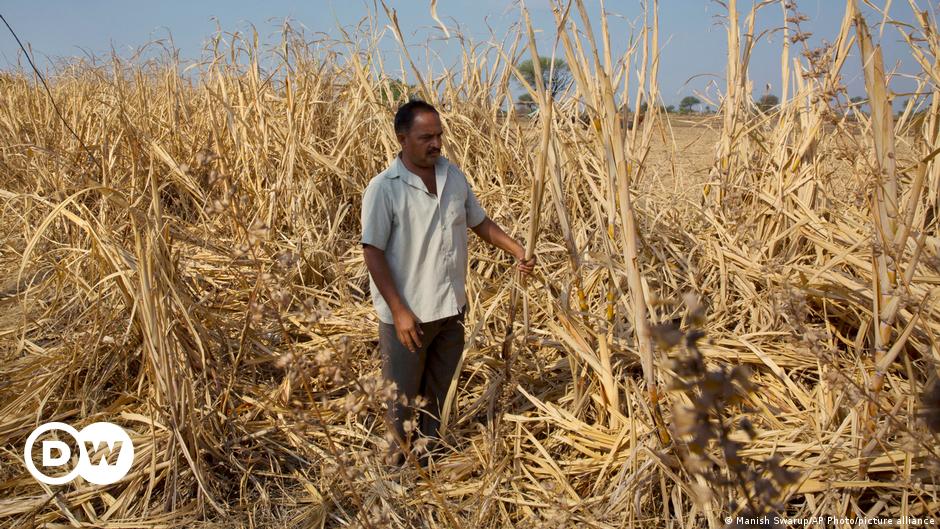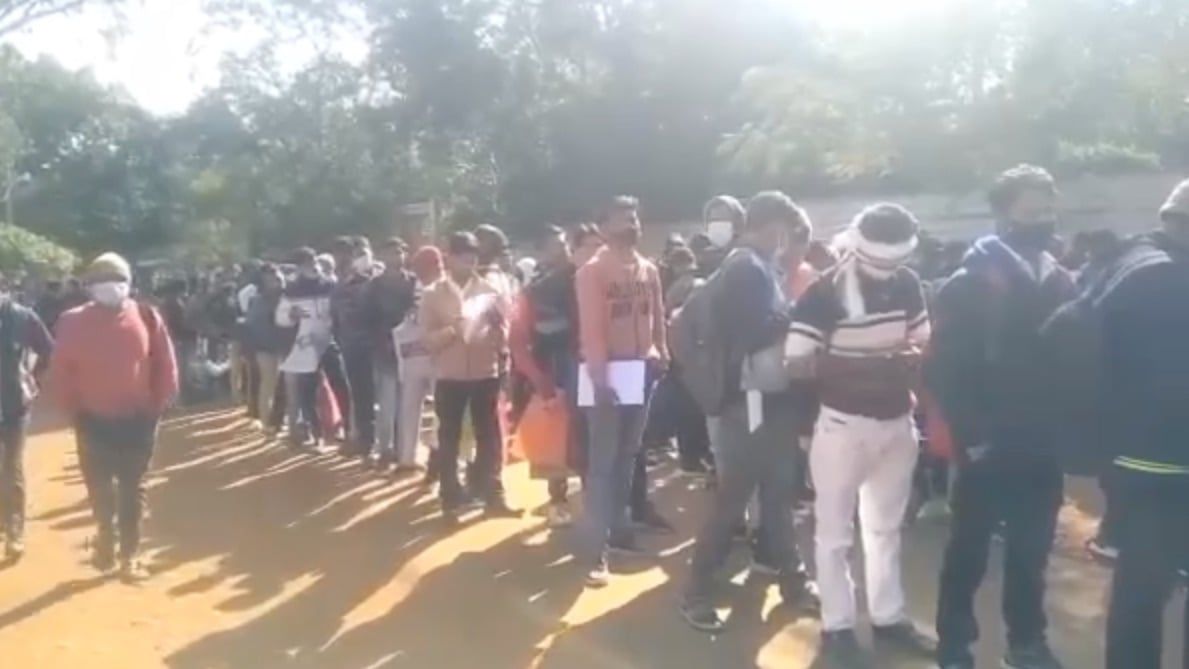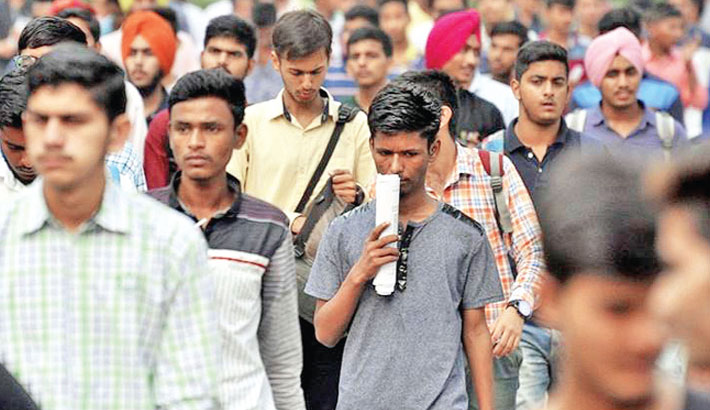Raj-Hindustani
SENIOR MEMBER

- Joined
- May 4, 2019
- Messages
- 5,208
- Reaction score
- -39
- Country
- Location
India is guzzling cheap Russian oil, but Pakistan cannot afford it
Teetering on edge of default, Islamabad needs IMF aid and exports to U.S.
March 15, 2023 17:00 JST

Russian Foreign Minister Sergei Lavrov and Pakistani counterpart Bilawal Bhutto Zardari in Moscow on Jan. 30: Moscow is believed to harbor suspicions about Islamabad's position. © Reuters
Salman Rafi Sheikh is assistant professor of politics at the Mushtaq Ahmad Gurmani School of Humanities and Social Sciences of Lahore University of Management Sciences.
Since the start of the Ukraine war a year ago, India has emerged as a top buyer of Russian oil, with Moscow now its largest supplier of the fuel.
Neighboring Pakistan, with its foreign exchange reserves running low, would benefit financially even more from switching to discounted Russian crude from Gulf oil, but has yet to import any.
How to explain this?
The answer lies in the divergent positions of India and Pakistan in relation to both Russia and the U.S. In short, New Delhi is in a far stronger position in relation to both powers than Islamabad.
India benefits in part from its long-standing friendly relations with Moscow. New Delhi's leadership role in the Non-Aligned Movement during the Cold War allowed it to develop ties with both Moscow and Washington without officially joining either camp.
Drawing from this history, New Delhi has maintained an independent stance on the Russia-Ukraine conflict, refusing to condemn Moscow at the U.N. or elsewhere, while advocating a diplomatic solution.
Pakistan, by contrast, was a front-line ally of Washington during the Cold War. Whenever Islamabad extended a hand of friendship to Moscow then, it was usually to send a message to Washington to extract favors.
Despite cabinet-level talks in both Russia and Pakistan in recent months about oil purchases, Moscow, while eager to find new buyers, seems wary of the possibility that Islamabad is again merely going through the motions for the sake of leverage.
Pakistani media, however, have reported in recent days that Russia has agreed to send a single cargo of oil to the country next month to test "the seriousness of Pakistan."
Islamabad, like New Delhi, has generally abstained on votes against Russia at the U.N., and it officially refuses to take sides. Then-Prime Minister Imran Khan famously was in Moscow when Russia's invasion began last year and proceeded with planned meetings with President Vladimir Putin as his tanks rolled into Ukraine.
But Moscow is believed to harbor suspicions about Islamabad's position.
Last April, Qamar Javed Bajwa, then head of the Pakistan Army, condemned the Russian invasion as a "huge tragedy" being inflicted upon a smaller country in an address to a security conference in Islamabad. He noted that the U.S. is Pakistan's largest export market and the source of its best military equipment.
Bajwa has since retired, but the Pakistani military continues to work to improve defense ties with the U.S. A military delegation led by Chief of General Staff Lt. Gen. Mohammed Saeed traveled to Washington for three days of talks last month.
Restricting Pakistan's options further is the fact that its economic and geopolitical footprint is much smaller than that of India, now the world's fifth-largest economy and set to be the largest nation by population this year.
Pakistan, by contrast, is critically dependent upon the International Monetary Fund for financial support as it struggles to avoid defaulting on its debts.
With support from the Western-led IMF, seen as the country's only option, policymakers in Islamabad tell me they see virtually no room to exercise the strategic autonomy to develop ties with Russia. Already, the IMF has complicated Pakistan's ties with Beijing by demanding details about Chinese loans and infrastructure projects in the country; the fund would be expected to be more demanding about any dealings with Russia.

While media in India have reported that Pakistan is sending arms to Ukraine, and Russia's ambassador to New Delhi has said this traffic is being monitored, Islamabad has officially denied any such exports.
If such shipments are indeed taking place, and some diplomats tell me that they are, it is undoubtedly a move to curry favor with the U.S., still seen as Pakistan's most important source of economic and military help. Again, this relates in part to Pakistan's lack of historical economic and military ties with Moscow.
India has not been forced to make trade-offs between Russia and the U.S., by contrast. It is a core member of the U.S.-led Quad security grouping, and its troubled relations with Beijing make it indispensable to the global coalition Washington is assembling against China.
Indeed, while Ukraine has called for Western sanctions against India over its heavy buying of Russian oil, U.S. Assistant Secretary of State for European and Eurasian Affairs Karen Donfried told reporters last month: "We are not looking to sanction India. Our partnership with India is one of our most consequential relationships."
Pakistan could cling to a position as an official major non-NATO ally of the U.S. while Washington was at war in Afghanistan. But with its relevance to the U.S. on the decline, it simply cannot afford the risk of buying Russian oil in bulk. U.S. tariffs on its exports would be devastating and Islamabad badly needs the IMF on its side to avoid following Sri Lanka into default. Pakistan simply does not have the luxury to set its own priorities.

India is guzzling cheap Russian oil, but Pakistan cannot afford it
Teetering on edge of default, Islamabad needs IMF aid and exports to U.S.












